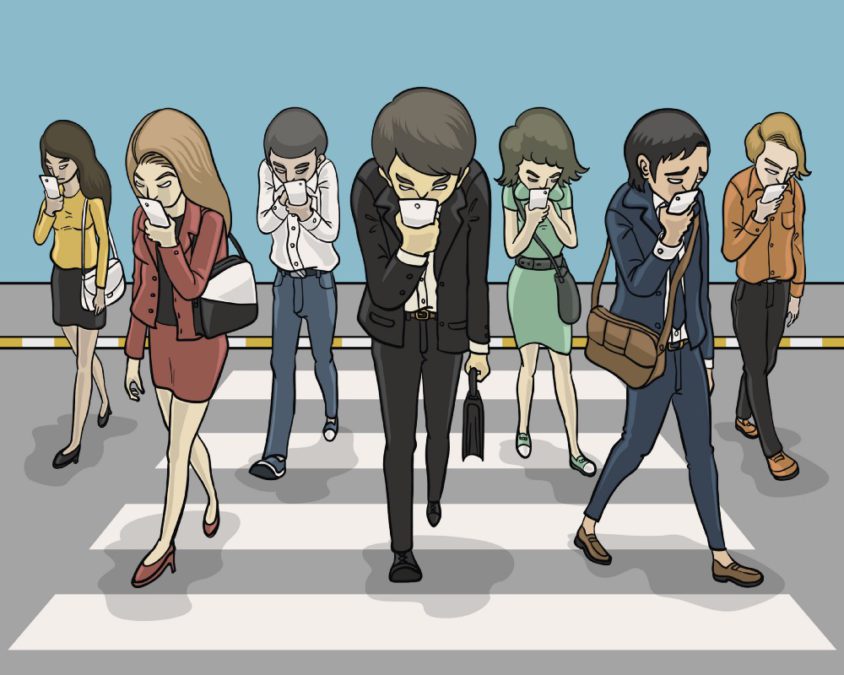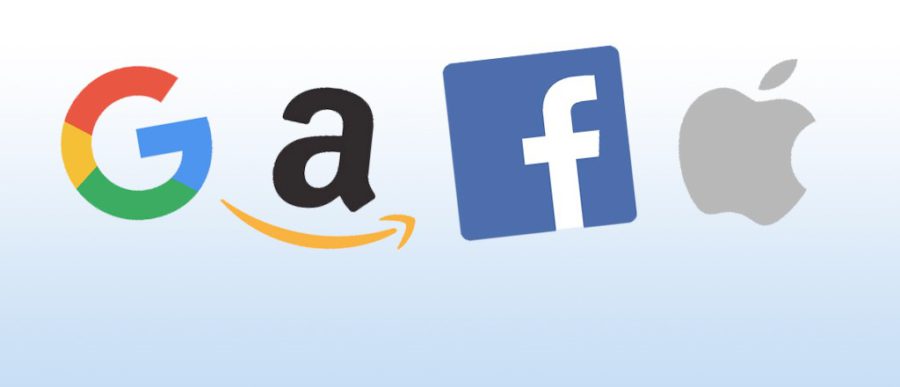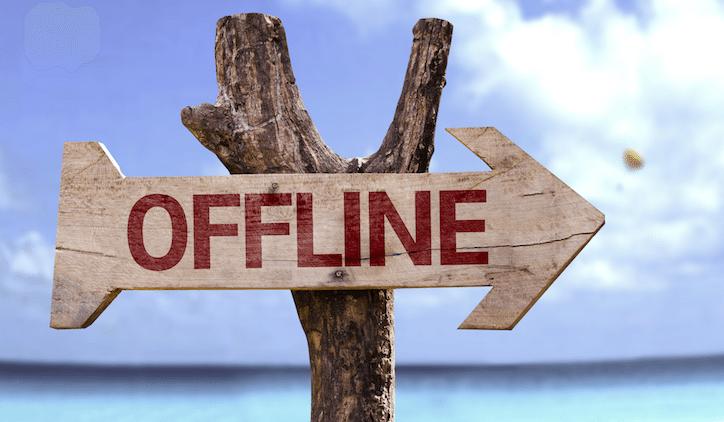Long before the advent of smartphones, cigarettes were the means to relieve stress and nerves. Long before Facebook, it was tobacco that promised to improve your social life. And now, the rejection of smartphones has become a modern analogue of smoking cessation …

Original material
Yes, technology does not turn teeth yellow, emphysema or lung cancer does not appear. But some users are so concerned about the negative mental health impact of their gadget addiction that they spent the entire past January trying to ease their addiction. Even in Silicon Valley, people are turning off notifications that are constantly buzzing and demanding attention, giving up using smartphones in the bedroom and, curiously, changing the color calibration of their screens towards less attractive shades of gray.
Last year, the term Big Tech emerged in the context of the technology industry, similar to other businesses facing strong opposition, including Big Tobacco (major cigarette manufacturers). The tech industry, in turn, should allay fears of a new generation of shareholder activists who are wondering about the industry's role in the world. Jana Partners (a venture capital fund) and the California Teachers' Pension Fund persuaded Apple to consider creating software that would allow parents to restrict the use of the phone by their children. Arjuna Capital and New York City Pension Fund have made proposals for Facebook and Twitter urging them to stop sexual harassment on their platforms. Trillium Asset Management venture capital fund proposed Facebook to create a risk committee to discuss research on the relationship between service use and depression and other mental health problems.

These campaigns are not even close to the scale of coverage of similar projects in the Big Tobacco industry. In the 1990s, socially responsible investors refused to invest in shares of tobacco companies, activists lobbied for the refusal of large companies from tobacco assets, and even focused their attention on working with companies that were completely indirectly interested in business.
Working with Big Tech is more complex: it is not easy to separate the benefits of these companies from the harm. An annual general meeting of shareholders where PR rhetoric and shareholder slickness meet is not the place to tackle such problems. At the same time, a sharp rejection of technology also remains an unresolved problem. The ability to strike a balance between them and real life becomes a status symbol. In his book 'In The World Without Mind: The Existential Threat of Big Tech', Franklin Foer sees the similarities between technology and 'fast food': a convenience that some reject for the sake of more correct nutrition.

Given the results of eMarketer's study that the average American spends more than 4 hours a day on the phone, I think more work needs to be done to turn the tide. We need real rules to push people from all walks of life to free themselves of addiction, not just those whose lives are 'offline' dictated by social pressures.
Perhaps at this point, activists can be inspired by the experience of anti-smoking campaigns and focus on the impact of this habit on others. Similar to the way social videos prohibit smoking in the presence of children, we can warn parents not to stick around in their smartphones while watching the children. Following the example of non-smoking zones in restaurants, you can create zones without smartphones. Over time, smartphones can be banned in all public places in order to pay attention to the people around us.
Author – Hanna Kuhler
Either way, the topic of 'Gazebo' this week has revolved around smartphone addiction. The problem is obvious. Children quietly begin to hate gadgets for the fact that parents devote more time to applications than to communicate with them. Individual users do not get out of their smartphones for days on end, and then they have to go to the doctors for help with their fingers numb in one position. There are more and more psychological abnormalities and syndromes associated with mobile electronics, ranging from phantom vibrations to dopamine breakdown.
And it's not even about millennials and their peculiarities, which consumerism apologists love to play on. Here, rather, there is a tacit agreement of society with the proposed rules of the game, which, fortunately, is violated by protests and calls to reconsider their lives. We will not have time to look back – and a whole direction in the style of 'digital detox management' will appear, which will help to achieve a balance between gadgets and real life. Certainly not in the way described by the author in the last sentence.
